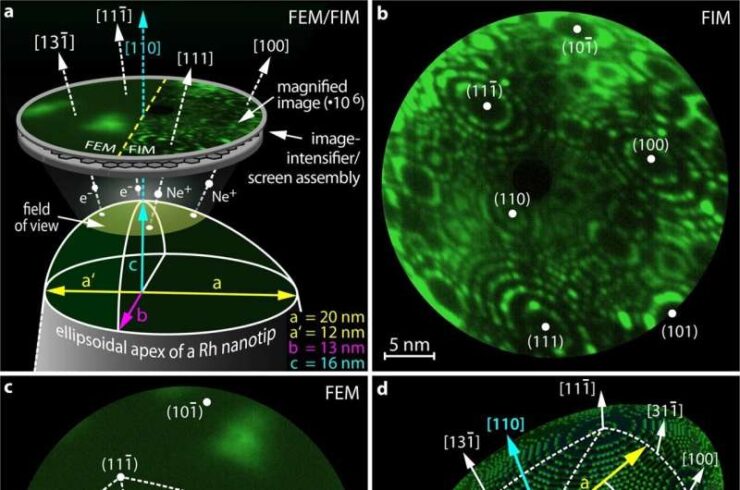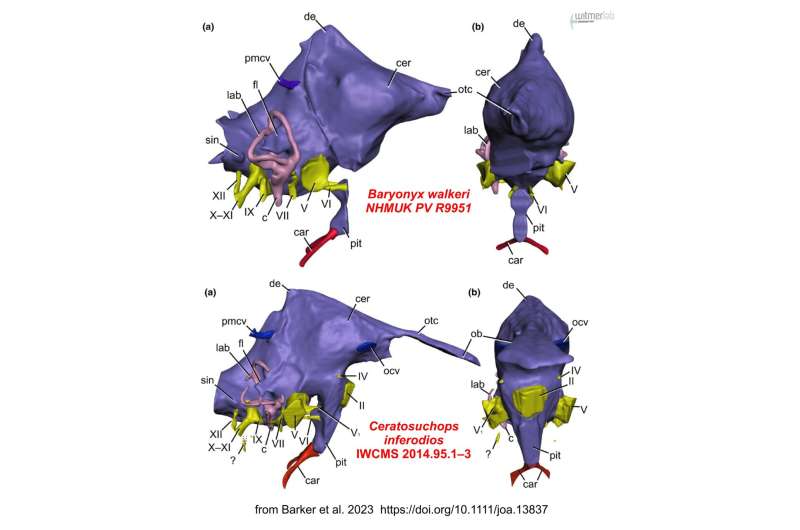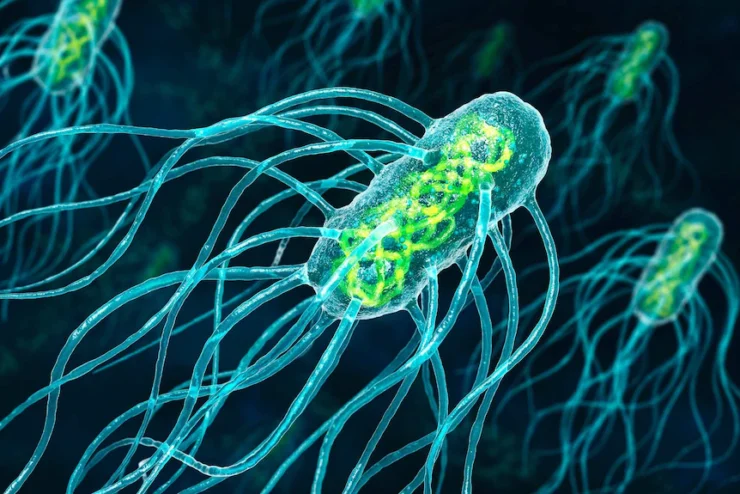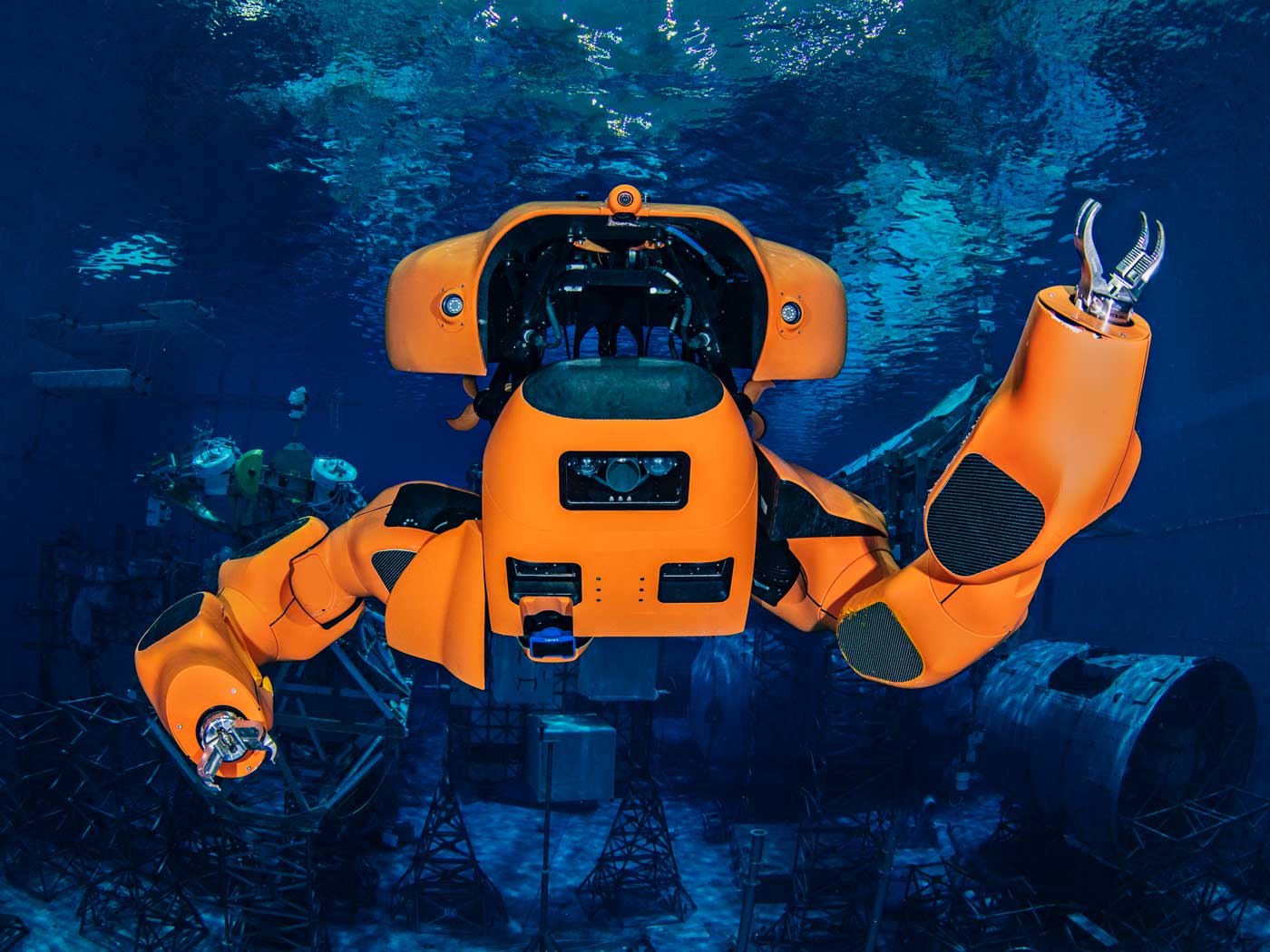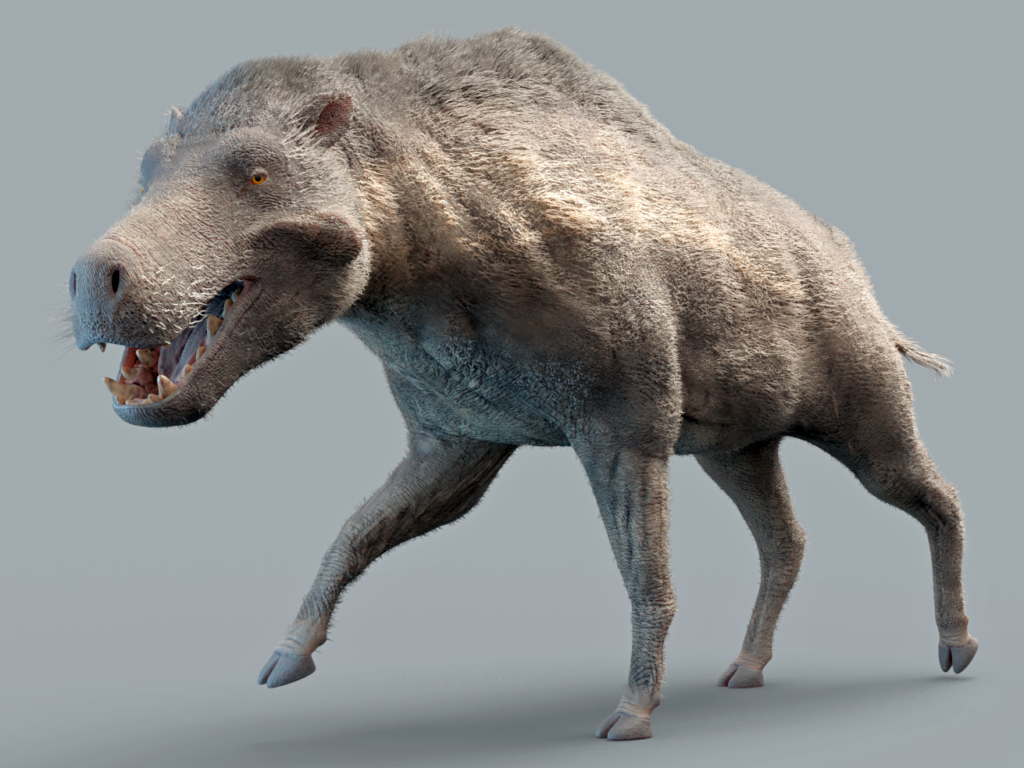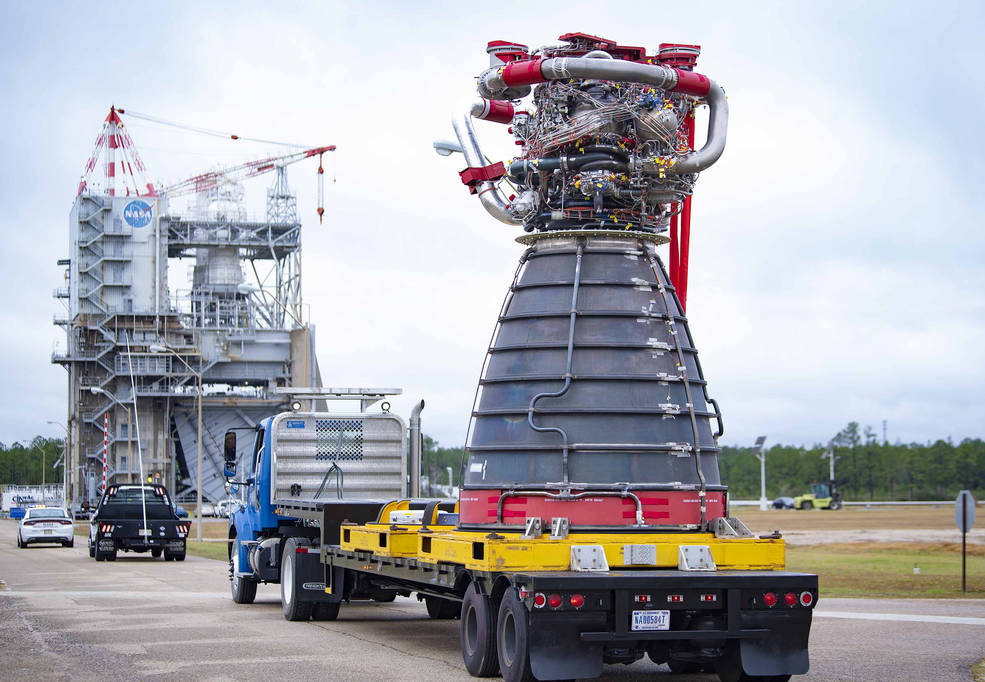Will future computers run on human brain cells?
Breaking ground on new field of ‘organoid intelligence’
“类器官智能”新领域的突破性进展
A “biocomputer” powered by human brain cells could be developed within our lifetime, according to Johns Hopkins University researchers who expect such technology to exponentially expand the capabilities of modern computing and create novel fields of study.
约翰霍普金斯大学(Johns Hopkins University)的研究人员表示,一种由人脑细胞提供动力的“生物计算机”可能在我们有生之年就能被开发出来。他们预计,这种技术将成倍扩大现代计算的能力,并创造出新的研究领域。
The team outlines their plan for “organoid intelligence” today in the journal Frontiers in Science.
该团队今天在《科学前沿》杂志上概述了他们的“类器官智能”计划。
“Computing and artificial intelligence have been driving the technology revolution but they are reaching a ceiling,” said Thomas Hartung, a professor of environmental health sciences at the Johns Hopkins Bloomberg School of Public Health and Whiting School of Engineering who is spearheading the work. “Biocomputing is an enormous effort of compacting computational power and increasing its efficiency to push past our current technological limits.”
约翰霍普金斯大学布隆伯格公共卫生学院和怀廷工程学院的环境健康科学教授托马斯·哈东是这项工作的带头人,他说:“计算和人工智能一直在推动技术革命,但它们正在达到天花板。”“生物计算是一项巨大的努力,它压缩了计算能力,提高了计算效率,突破了我们目前的技术极限。”
For nearly two decades scientists have used tiny organoids, lab-grown tissue resembling fully grown organs, to experiment on kidneys, lungs, and other organs without resorting to human or animal testing. More recently Hartung and colleagues at Johns Hopkins have been working with brain organoids, orbs the size of a pen dot with neurons and other features that promise to sustain basic functions like learning and remembering.
近20年来,科学家们一直在使用微小的类器官,即实验室培养的类似于成熟器官的组织,在肾脏、肺和其他器官上进行实验,而无需进行人体或动物实验。最近,哈东和约翰霍普金斯大学的同事们一直在研究大脑类器官,这是一种笔点大小的球体,具有神经元和其他功能,有望维持学习和记忆等基本功能。
“This opens up research on how the human brain works,” Hartung said. “Because you can start manipulating the system, doing things you cannot ethically do with human brains.”
哈东说:“这为研究人类大脑如何工作开辟了道路。”“因为你可以开始操纵系统,做一些在道德上无法用人脑做的事情。”
Hartung began to grow and assemble brain cells into functional organoids in 2012 using cells from human skin samples reprogrammed into an embryonic stem cell-like state. Each organoid contains about 50,000 cells, about the size of a fruit fly’s nervous system. He now envisions building a futuristic computer with such brain organoids.
2012年,哈东开始使用从人类皮肤样本中提取的细胞,将其重新编程成类似胚胎干细胞的状态,将脑细胞培养并组装成功能性类器官。每个类器官包含大约5万个细胞,大约是果蝇神经系统的大小。他现在设想建造一台具有这种大脑类器官的未来计算机。
Computers that run on this “biological hardware” could in the next decade begin to alleviate energy-consumption demands of supercomputing that are becoming increasingly unsustainable, Hartung said. Even though computers process calculations involving numbers and data faster than humans, brains are much smarter in making complex logical decisions, like telling a dog from a cat.
哈东说,在这种“生物硬件”上运行的计算机可以在未来十年开始减轻超级计算机的能源消耗需求,这种需求正变得越来越不可持续。尽管计算机处理涉及数字和数据的计算速度比人类快,但大脑在做出复杂的逻辑决策方面要聪明得多,比如分辨猫和狗。
“The brain is still unmatched by modern computers,” Hartung said. “Frontier, the latest supercomputer in Kentucky, is a $600 million, 6,800-square-feet installation. Only in June of last year, it exceeded for the first time the computational capacity of a single human brain — but using a million times more energy.”
哈东说:“现代计算机仍然无法与人脑相匹敌。”肯塔基州最新的超级计算机Frontier耗资6亿美元,占地6800平方英尺。仅在去年6月,它就首次超过了单个人脑的计算能力,但消耗的能量是人脑的100万倍。”
It might take decades before organoid intelligence can power a system as smart as a mouse, Hartung said. But by scaling up production of brain organoids and training them with artificial intelligence, he foresees a future where biocomputers support superior computing speed, processing power, data efficiency, and storage capabilities.
哈东说,类器官智能可能还需要几十年的时间才能为像老鼠一样聪明的系统提供动力。但通过扩大大脑类器官的生产,并用人工智能对其进行训练,他预测未来生物计算机将支持卓越的计算速度、处理能力、数据效率和存储能力。
“It will take decades before we achieve the goal of something comparable to any type of computer,” Hartung said. “But if we don’t start creating funding programs for this, it will be much more difficult.”
哈东说:“我们还需要几十年的时间才能实现与任何类型的计算机相媲美的目标。”“但如果我们不开始为此创建资金项目,就会变得更加困难。”
Organoid intelligence could also revolutionize drug testing research for neurodevelopmental disorders and neurodegeneration, said Lena Smirnova, a Johns Hopkins assistant professor of environmental health and engineering who co-leads the investigations.
约翰霍普金斯大学环境健康与工程助理教授莉娜·斯米尔诺娃说,类器官智能还可能彻底改变神经发育障碍和神经退行性变的药物测试研究。
“We want to compare brain organoids from typically developed donors versus brain organoids from donors with autism,” Smirnova said. “The tools we are developing towards biological computing are the same tools that will allow us to understand changes in neuronal networks specific for autism, without having to use animals or to access patients, so we can understand the underlying mechanisms of why patients have these cognition issues and impairments.”
斯米尔诺娃说:“我们想比较正常发育捐赠者的脑类器官和自闭症捐赠者的脑类器官。”“我们正在朝着生物计算方向开发的工具,与让我们了解自闭症特异性神经元网络变化的工具相同,而无需使用动物或接触患者,因此我们可以了解患者存在这些认知问题和障碍的潜在机制。”
Read more at Sciencedaily.com
在Sciencedaily.com阅读更多


